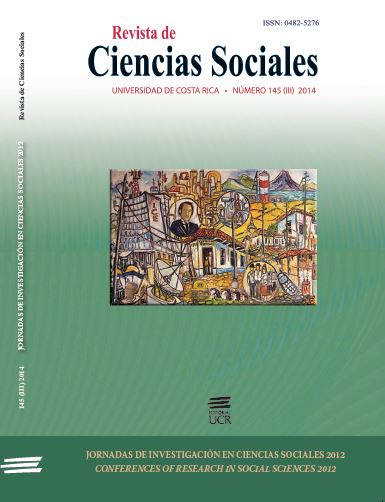Abstract
In the context of a crisis of the flagship institution of Costa Rica’s social protection system,
the Caja Costarricense del Seguro Social, the integration of Nicaraguan immigrants has
become even more controversial. The State’s reaction, through reforms to the Migration
Law and new and revived policies within the ccss, has been to create boundaries around
health services, making access more difficult for immigrants. To understand these reactions,
we argue that it is important to analyze the social construction of the immigrant
subject by public social policy institutions. Based on a series of interviews with public
officials, we show that there is a strong perception of Costa Rica being a “welfare magnet”,
migration is seen as a “necessary evil” and that the legitimacy of Nicaraguan immigrants’
demand for health services is questioned based on their perceived “illegality”.


